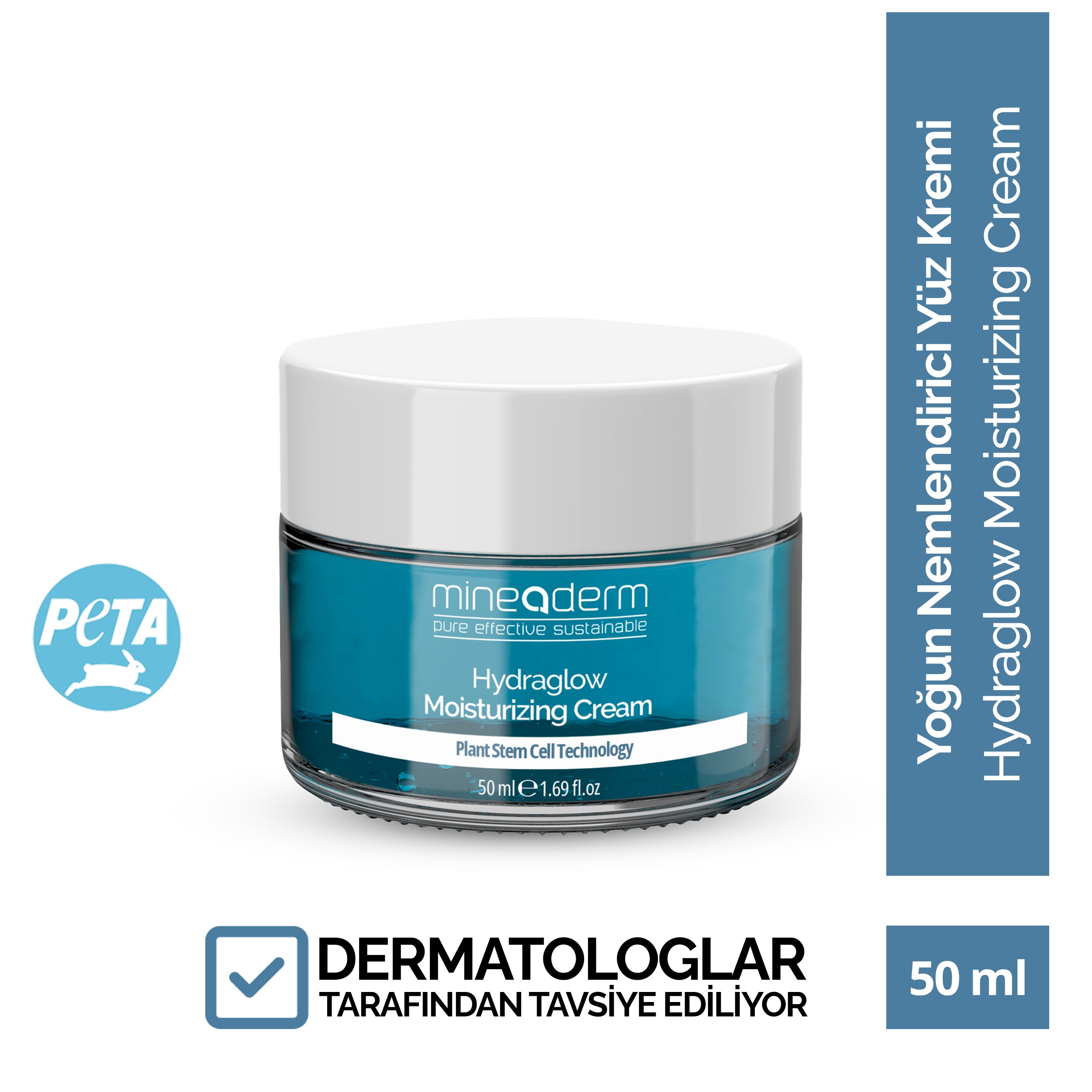Blackheads
Blackheads (comedones) are small and common skin lesions that form when skin pores become clogged with oil (sebum) and dead skin cells. They turn black when the upper part comes into contact with the air and oxidizes. They most commonly appear in areas with high oil secretion, such as the nose, forehead, and chin. When the accumulated contents within the pores are exposed, melanin and oil oxidize due to the air, resulting in a darker color. Blackheads are often the first sign of acne-prone skin and can disrupt skin smoothness and be aesthetically unsightly. Proper cleansing, regular care, and the use of skin-friendly products can reduce the occurrence of blackheads and promote a healthy complexion.
How to remove black spots?
How to remove black spots?
The most effective way to eliminate blackheads is by cleansing regularly, using products containing the right active ingredients, and removing excess oil. Gentle cleansing twice a day helps prevent blackheads by removing dead skin and sebum that accumulates in pores. Facial cleansers and toners containing salicylic acid (BHA) deep cleanse pores, while retinoid creams (such as adapalene or tretinoin) accelerate skin cell turnover, preventing blockages from reoccurring. Additionally, masks containing clay or activated charcoal absorb excess oil, purify the skin, and help tighten pores.
Natural methods include steaming your face and gently exfoliating with a mixture of honey and lemon, or baking soda water. Steam opens pores and softens blackheads; honey cleanses the skin with its antibacterial properties, while the mixture of lemon and sugar creates a natural exfoliating effect. However, avoid squeezing or irritating the skin with harsh exfoliants. Regular moisturizing and using non-comedogenic products will significantly reduce the formation of new blackheads.
Siyah noktalar yalnızca yağlı ciltlerde mi görülür?
Siyah noktalar yalnızca yağlı ciltlerde mi görülür?
Hayır. Yağlı ve akne eğilimli ciltlerde daha sık görülmekle birlikte, tüm cilt tiplerinde gözenek tıkanıklığı oluştuğunda siyah nokta gelişebilir.
Siyah noktalar kirli ciltten mi kaynaklanır?
Siyah noktalar kirli ciltten mi kaynaklanır?
Hayır. Siyah noktalar kirden kaynaklanmaz. Renk, gözenek içindeki sebumun hava ile temas ederek oksitlenmesi sonucu oluşur. Aşırı yıkama bu durumu iyileştirmez, aksine cilt bariyerine zarar verebilir.
En sık hangi bölgelerde görülür?
En sık hangi bölgelerde görülür?
Siyah noktalar genellikle sebum üretiminin yoğun olduğu T bölgesinde (burun, alın, çene) daha sık görülür.
Siyah noktalar akne ile ilişkili midir?
Siyah noktalar akne ile ilişkili midir?
Evet. Siyah noktalar aknenin en erken ve en hafif formlarından biridir. Zamanla tıkanıklık derinleşirse inflamatuar lezyonlara dönüşebilir.
Siyah nokta görünümünü artıran faktörler nelerdir?
Siyah nokta görünümünü artıran faktörler nelerdir?
• Aşırı sebum üretimi
• Ölü hücre birikimi
• Yanlış veya ağır cilt bakım ürünleri
• Hormonal dalgalanmalar
• Yetersiz bariyer fonksiyonu
Bu faktörler gözenek içi birikimi kolaylaştırır.
Siyah nokta görünümü nasıl dengelenir?
Siyah nokta görünümü nasıl dengelenir?
Nazik temizlik, kontrollü eksfoliasyon ve sebum dengesini destekleyen bakım adımları siyah nokta görünümünü yönetmeye yardımcı olur. Amaç gözenekleri “yok etmek” değil, daha dengeli görünmesini sağlamaktır.
Eksfoliasyon siyah noktalarda neden önemlidir?
Eksfoliasyon siyah noktalarda neden önemlidir?
Düzenli ve nazik eksfoliasyon, ölü hücre birikimini azaltarak gözenek ağzının tıkanmasını önlemeye yardımcı olur. Sert fiziksel peelinglerden kaçınılmalıdır.
Gözenek yapısı siyah nokta oluşumunu etkiler mi?
Gözenek yapısı siyah nokta oluşumunu etkiler mi?
Evet. Geniş gözenek yapısı sebum birikimini kolaylaştırabilir. Ancak gözenek yapısı genetik ve fizyolojiktir; bakım ile yalnızca görünümü dengelenebilir.
Cilt bariyeri siyah nokta oluşumunda neden önemlidir?
Cilt bariyeri siyah nokta oluşumunda neden önemlidir?
Sağlıklı bir cilt bariyeri, aşırı sebum üretimini
sınırlar ve gözenek tıkanma riskini azaltır. Bariyer zayıfladığında cilt daha fazla yağ üretme eğilimi gösterebilir.
Siyah nokta bakımında temel yaklaşım nedir?
Siyah nokta bakımında temel yaklaşım nedir?
• Nazik ve düzenli temizlik
• Kontrollü, nazik eksfoliasyon
• Sebum dengesini destekleyen bakım
• Günlük nemlendirme ve güneş koruması
Bu bütünsel yaklaşım, siyah nokta görünümünün azalmasına ve cilt dokusunun daha pürüzsüz görünmesine katkı sağlar.



